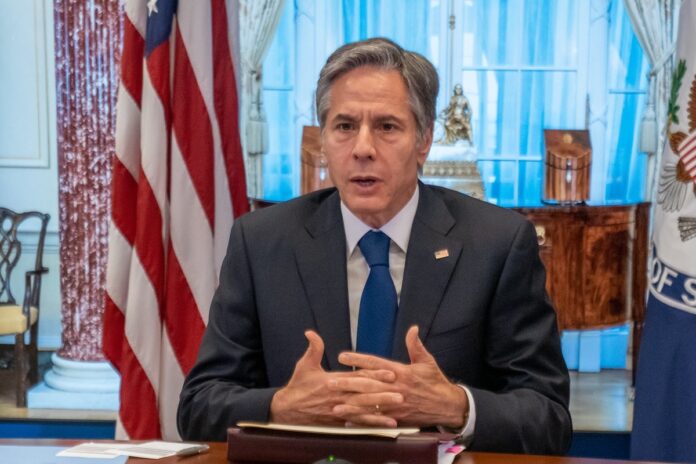Azerbaijan is on a war footing.
On September 9, Artsakh, the Kosovo of the Caucasus, an ethnic Armenian republic set on land Soviet leader Joseph Stalin transferred to Azerbaijan, held presidential elections. It was the unrecognized republic’s seventh presidential election since the 1990s. But this year Azerbaijan, sensing weakness in Washington, delivered an ultimatum: elections would equal war. The oil-rich dictatorship broadcast mobilization footage to underscore its demands. US Secretary of State Antony Blinken dutifully called Azerbaijani President Ilham Aliyev, but his words were weak, and by omission, Blinken signaled that Aliyev faced no consequences should he ignore them.
Blinken should know better. The Artsakh elections are not the first time he has faced this scenario. In November 2020, Ethiopian Prime Minister Abiy Ahmed launched a war of attrition to punish the Tigray region for holding its own local elections. When Blinken took office two months later, he did little other than wag his finger at Abiy. The Ethiopian leader dismissed Blinken and privately mocked him and his envoys. Hundreds of thousands of Tigrayans starved. That US President Joe Biden subsequently rehabilitated Abiy signals to Aliyev and other would-be mass murderers that America’s words are empty.
Why is Aliyev so upset at the prospect of Artsakh elections? There are two reasons. Certainly, free elections in any region Azerbaijan claims are embarrassing. Freedom House ranks Azerbaijan as “not free” and labels it a “consolidated authoritarian regime.”
Put another way, the dictatorship for which some in Washington and London now shill ranks alongside China and Myanmar, and below even Russia and the Hamas-controlled Gaza Strip, in freedom rankings. Artsakh itself is far from perfect, but it ranks “partially free,” with better scores than Turkey, sitting more than 50 places above Azerbaijan. The notion, then, that it might elect its own government is anathema to Aliyev.








